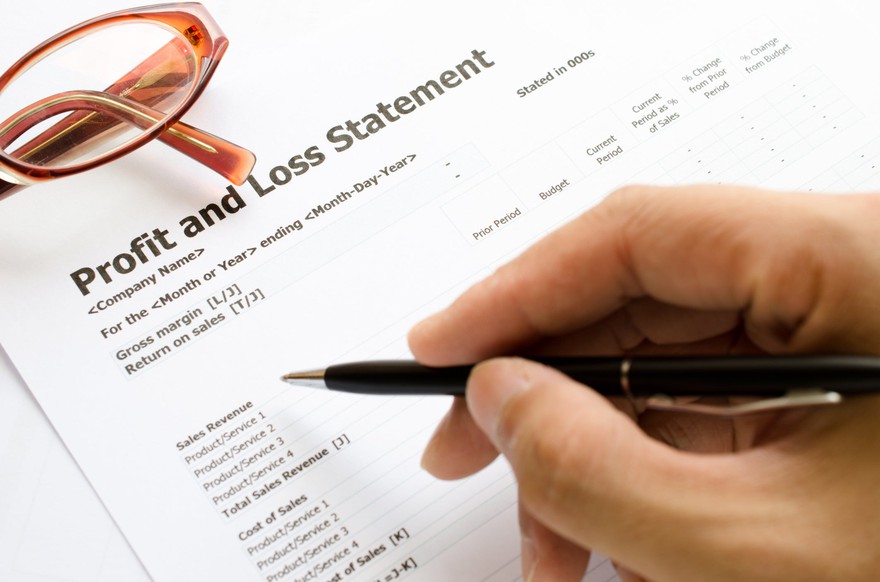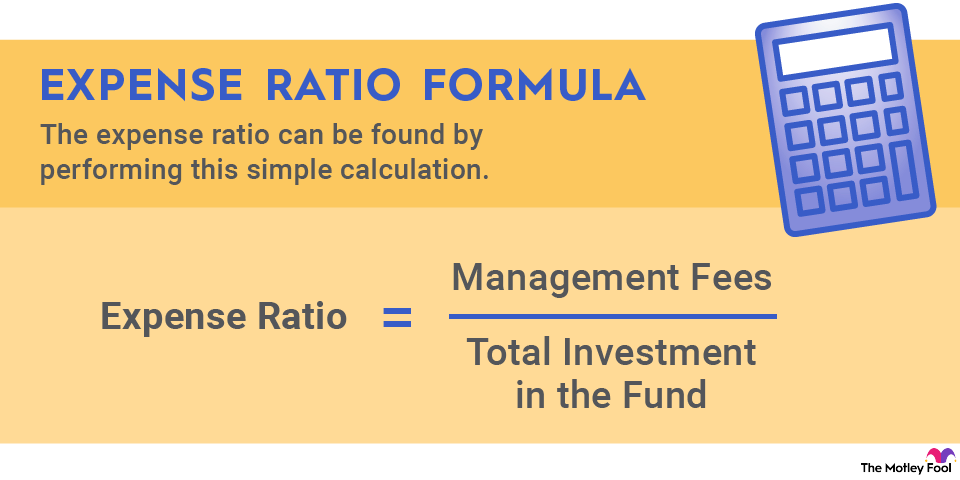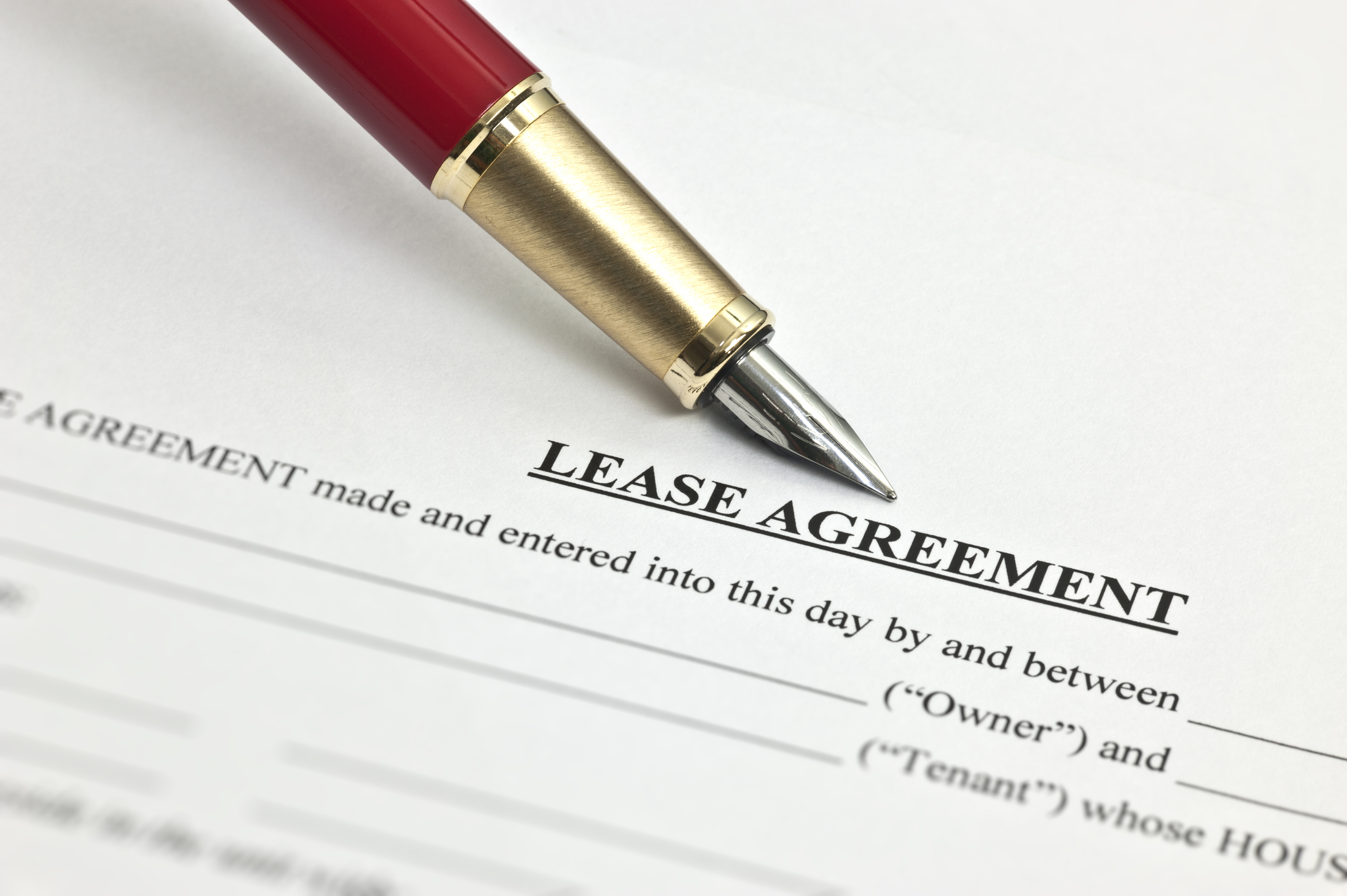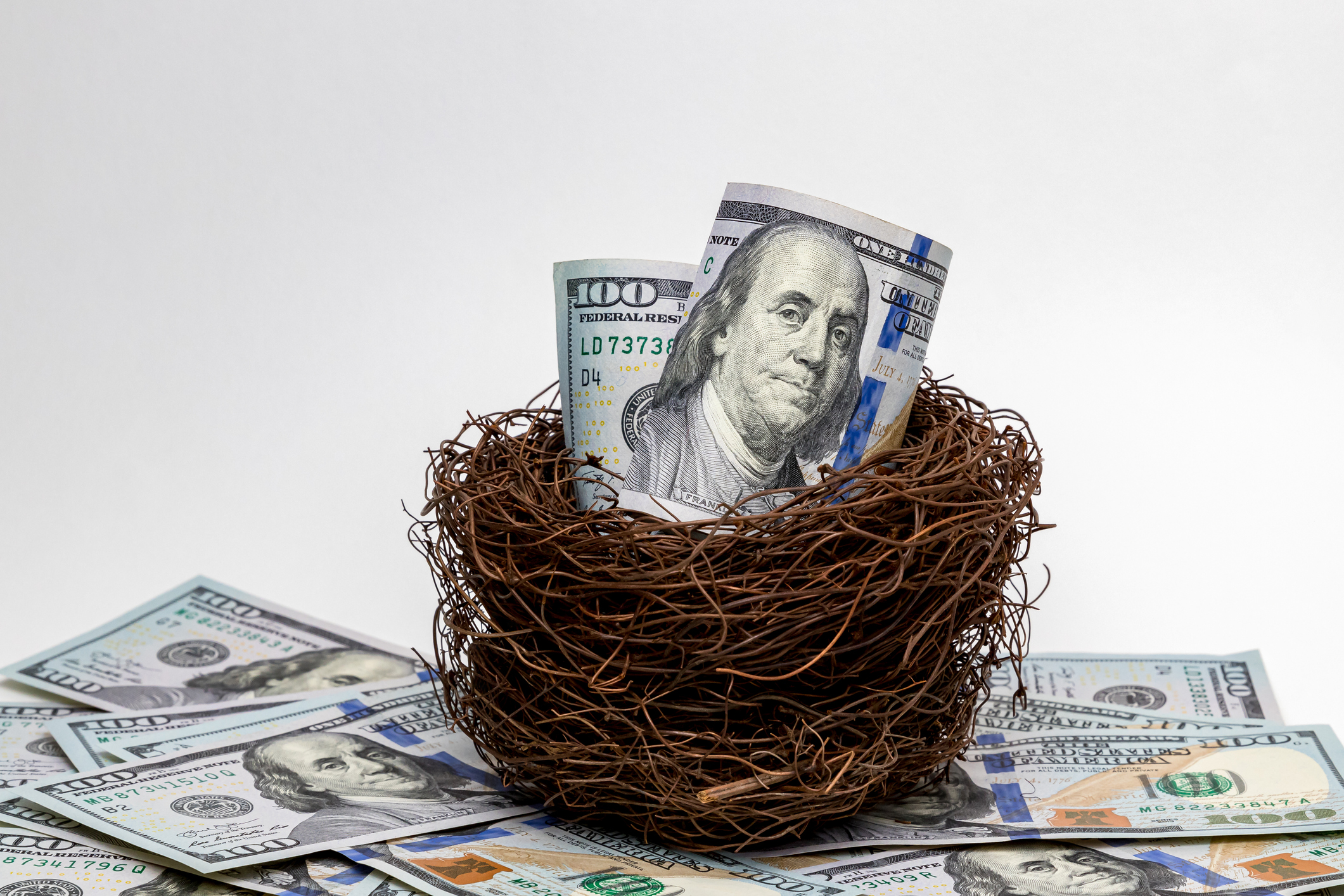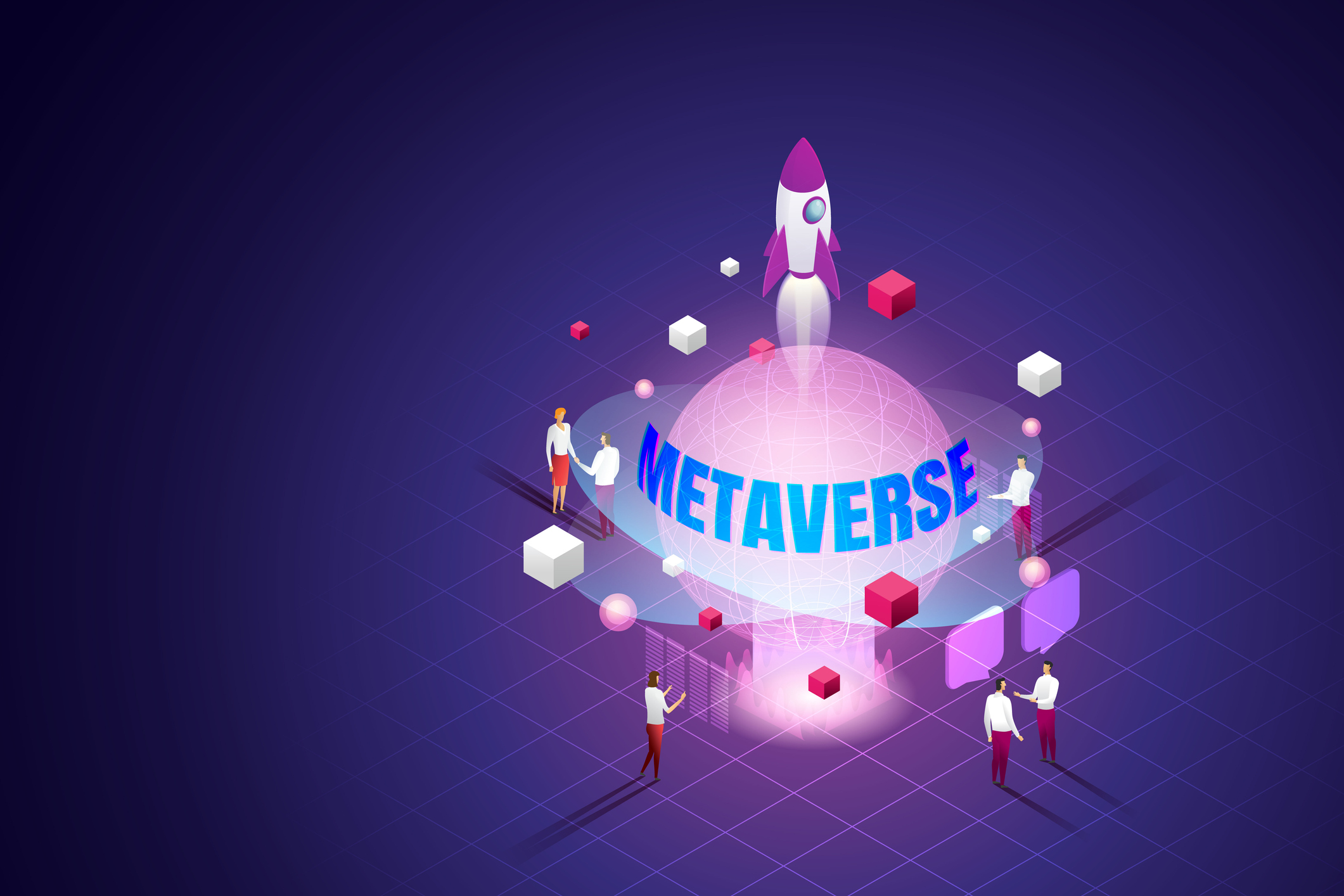Why non-qualified mortgage lending matters to investors
Not every investor is going to care about non-QM loans. But if you invest in mortgage-backed securities (MBS), mortgage REITs, and banks that make these loans, you should pay close attention to non-qualified mortgage loans and how they increase risk for investors. For example, if you buy MBS products that contain non-QM loans, you'll probably get offered a great rate of return, but that's because the risk of default is quite high for some percentage of the mortgages in your security. You'll then have to balance the risk with the reward, based on your own risk tolerance.
For those who invest in banks that hold mortgage notes, it's just as important to get curious about how much of their portfolio is non-QM mortgages. Again, a higher default rate means that there is more risk involved, so if two banks are equally profitable, and one has few or no non-QM loans on their books, it could make more sense to choose that bank over the one with the riskier products.

